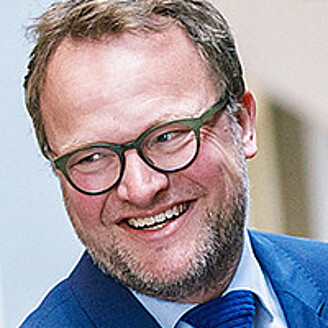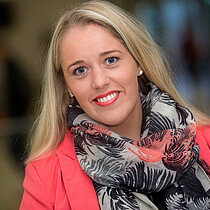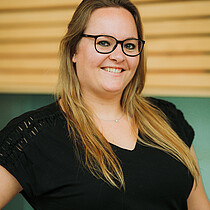The expertise of our SCM section is broad yet concentrated on the processes of global logistics, sourcing, facility logistics and distribution, and addresses aspects such as sustainability, digitalisation, analytics and behavioral aspects. Our research combines analytical and data-driven methods, and is often carried out in collaboration with (inter)national partners. Research is closely intertwined with our engagement with practice, which is globally inspired and locally anchored.
Recent geopolitical events and natural disasters have once again illustrated the dependence of businesses and society as a whole on global supply chains and resilient operations. As Supply Chain Management section, we constantly strive to create, disseminate and help apply rigorous and relevant knowledge to enable future and current managers and policy makers to design and operate supply chains that deliver goods and services, economically and sustainably.
Prof. Finn Wynstra

The expertise of our SCM section – one of the largest groups in its kind worldwide – is broad yet concentrated on the processes of global logistics, sourcing, facility logistics and distribution, and addresses aspects such as sustainability, digitalisation, analytics and behavioural aspects. In education, we contribute to pre-experience and post-experience programs, including a specialised MSc program in Supply Chain Management and a specialised MSc program in Business Analytics & Management. Our research combines analytical and data-driven methods, and is often carried out in collaboration with (inter)national partners.
Education and research are intertwined with our engagement with practice, which is globally inspired and locally anchored. Rotterdam is home to the biggest sea port in Europe, and the Netherlands is an international gateway to the massive markets of Western Europe, resulting in an important and strong logistics sector. We also interact with policy makers and NGO's, for whom SCM is an increasingly relevant field.
Teaching
The SCM section offers a dedicated and specialised MSc programme in Supply Chain Management, and contributes to a specialised MSc programme in Business Analytics and Management. We also offer various open and customised executive programs in Operations and Supply Chain Management, and an Executive Master Programme in Customs and Supply Chain Compliance. Together with the Erasmus School of Economics, we offer an executive Master Programme in Maritime Economics & Logistics.
Moreover, we offer courses in the area of Supply Chain Management, Operations Management and Business Analytics and Decisionmaking in a great number of other RSM programmes, including the Bachelor of Science in International Business Administration (IBA), the Bachelor of Science in Business Administration (Bedrijfskunde), the Master in Management (MIM), fulltime and parttime, the international full-time MBA, the Executive MBA (EMBA), the Cologne-Rotterdam Executive MBA, and the Global Executive MBA (GEMBA).
About our research

Office Manager

Management Assistant